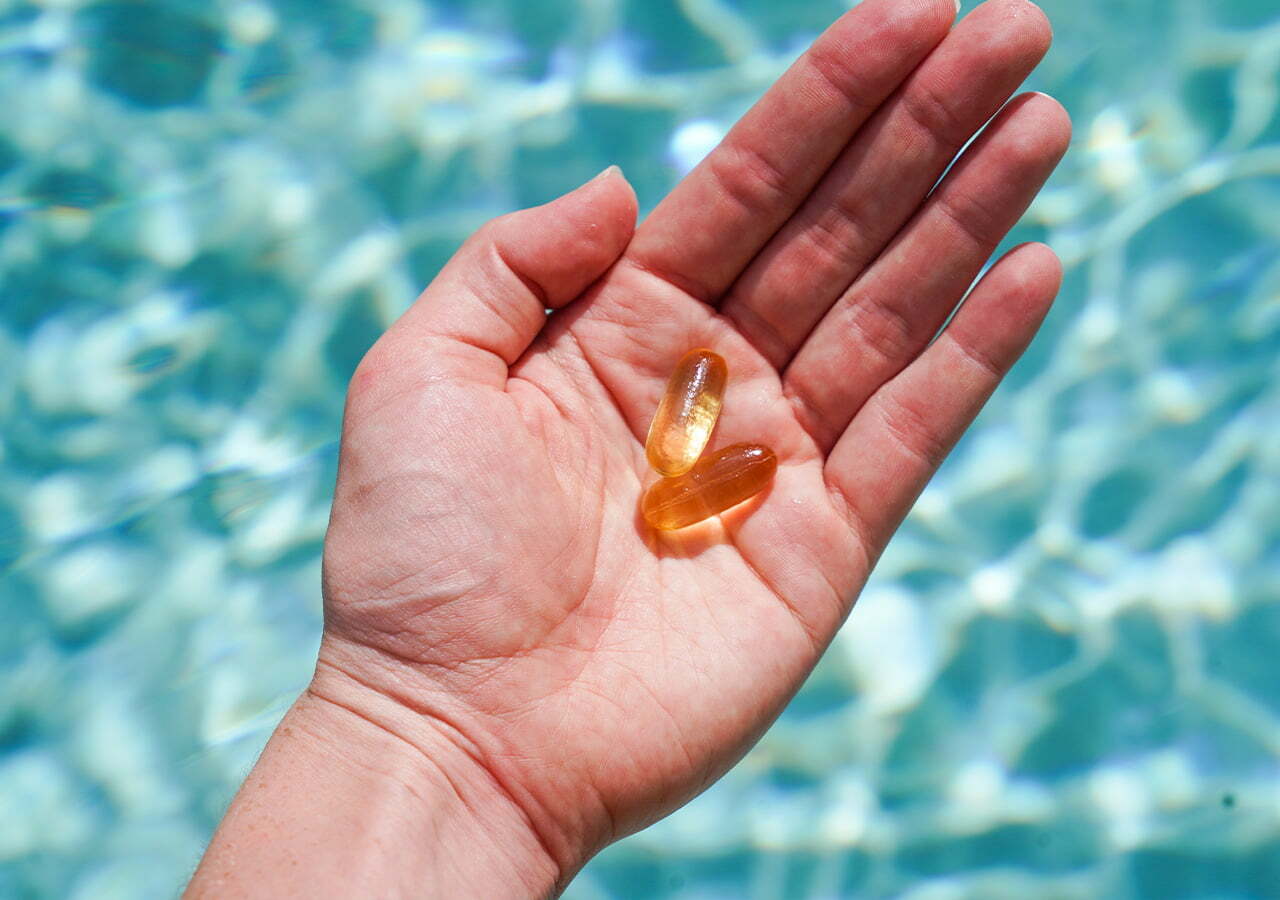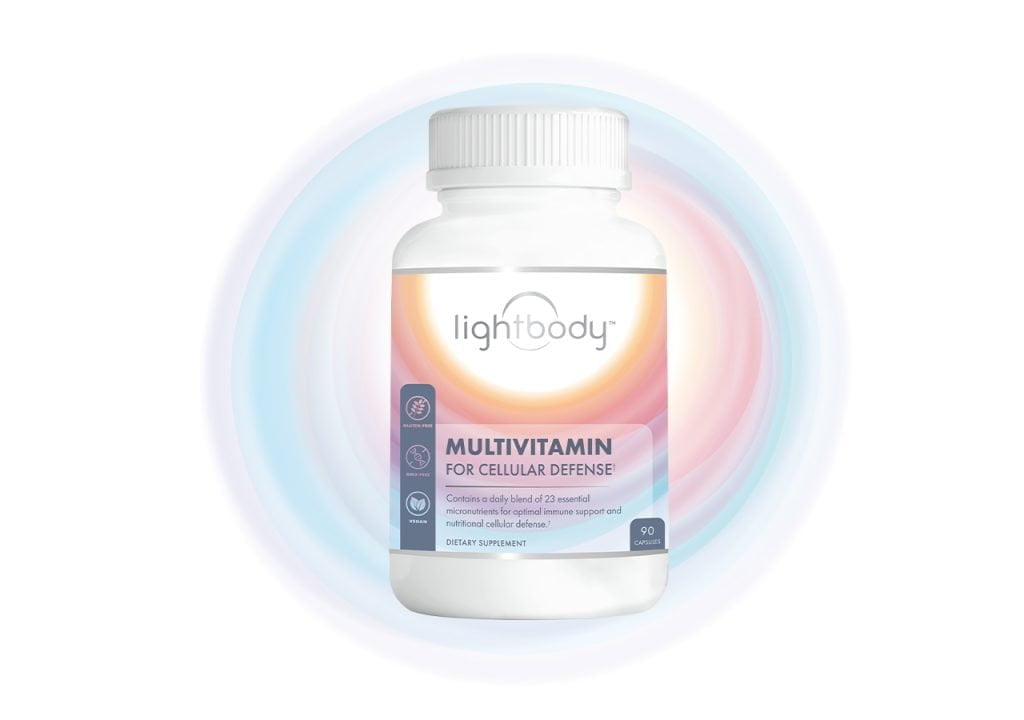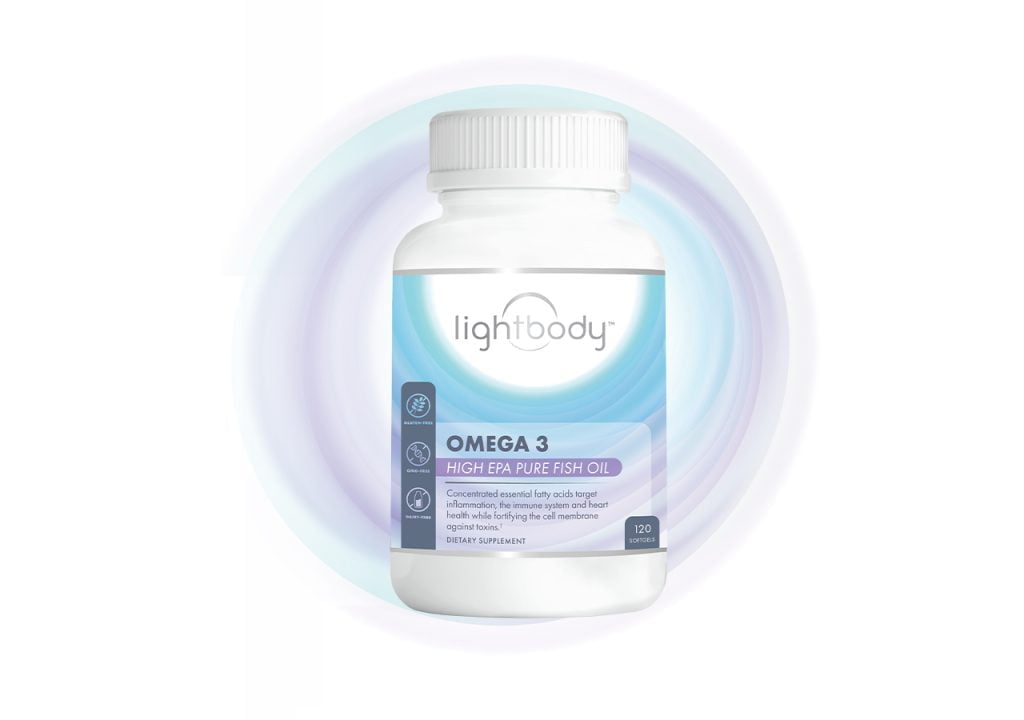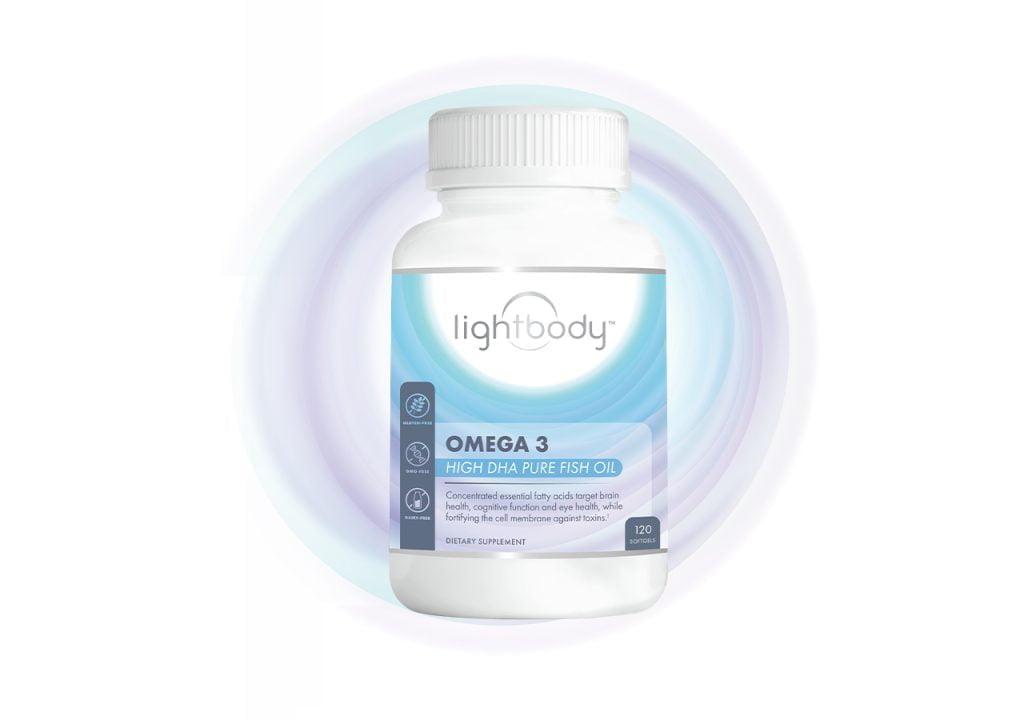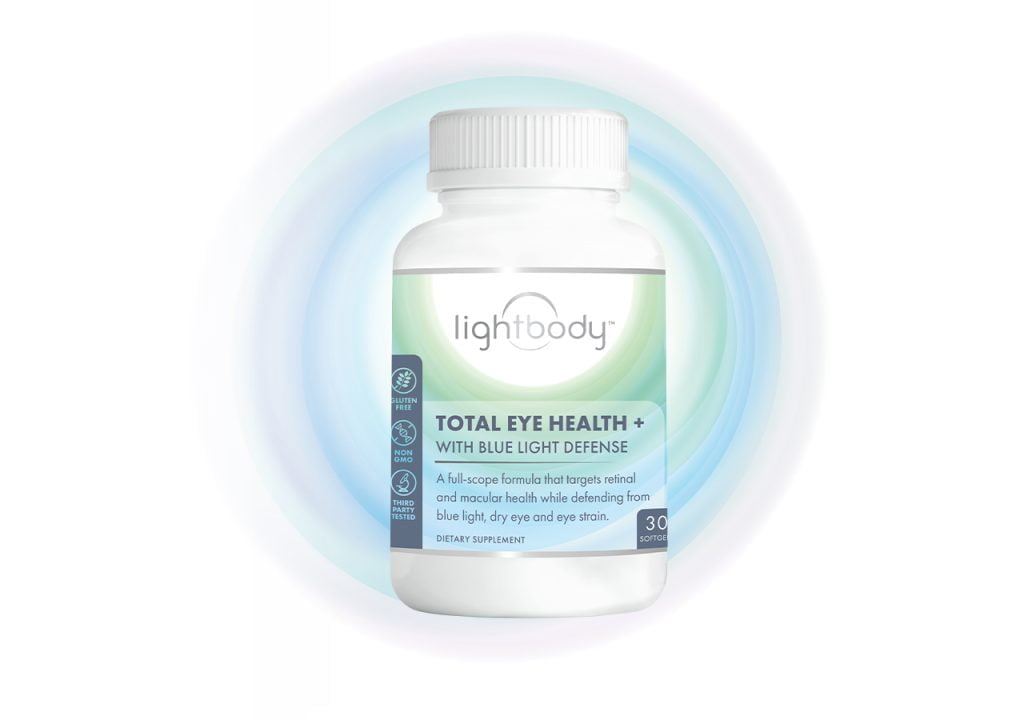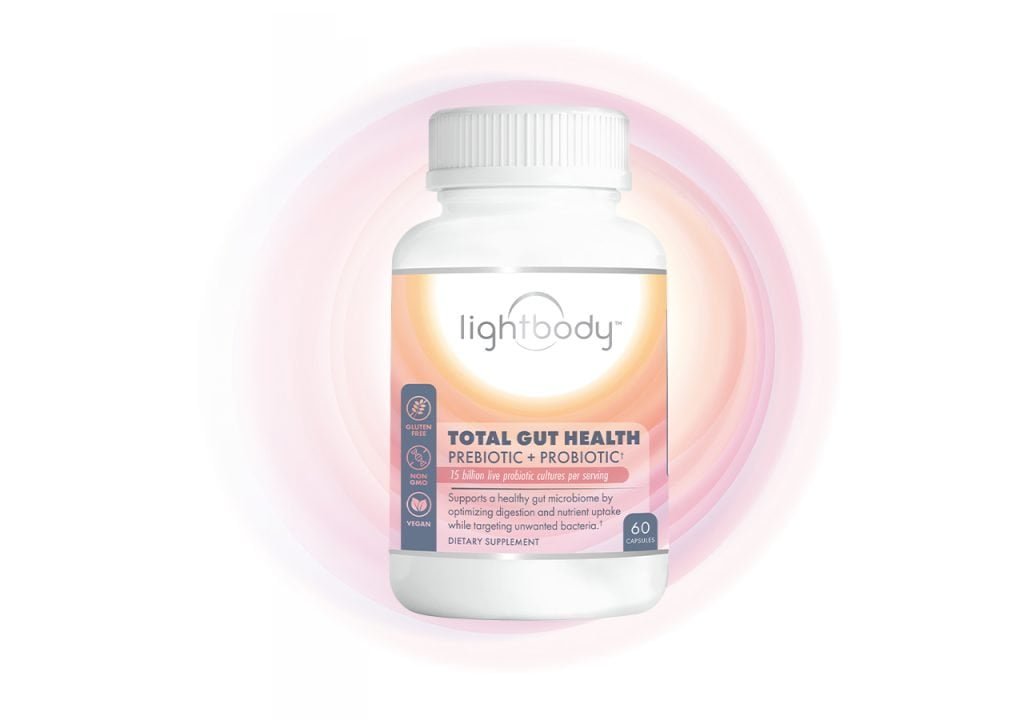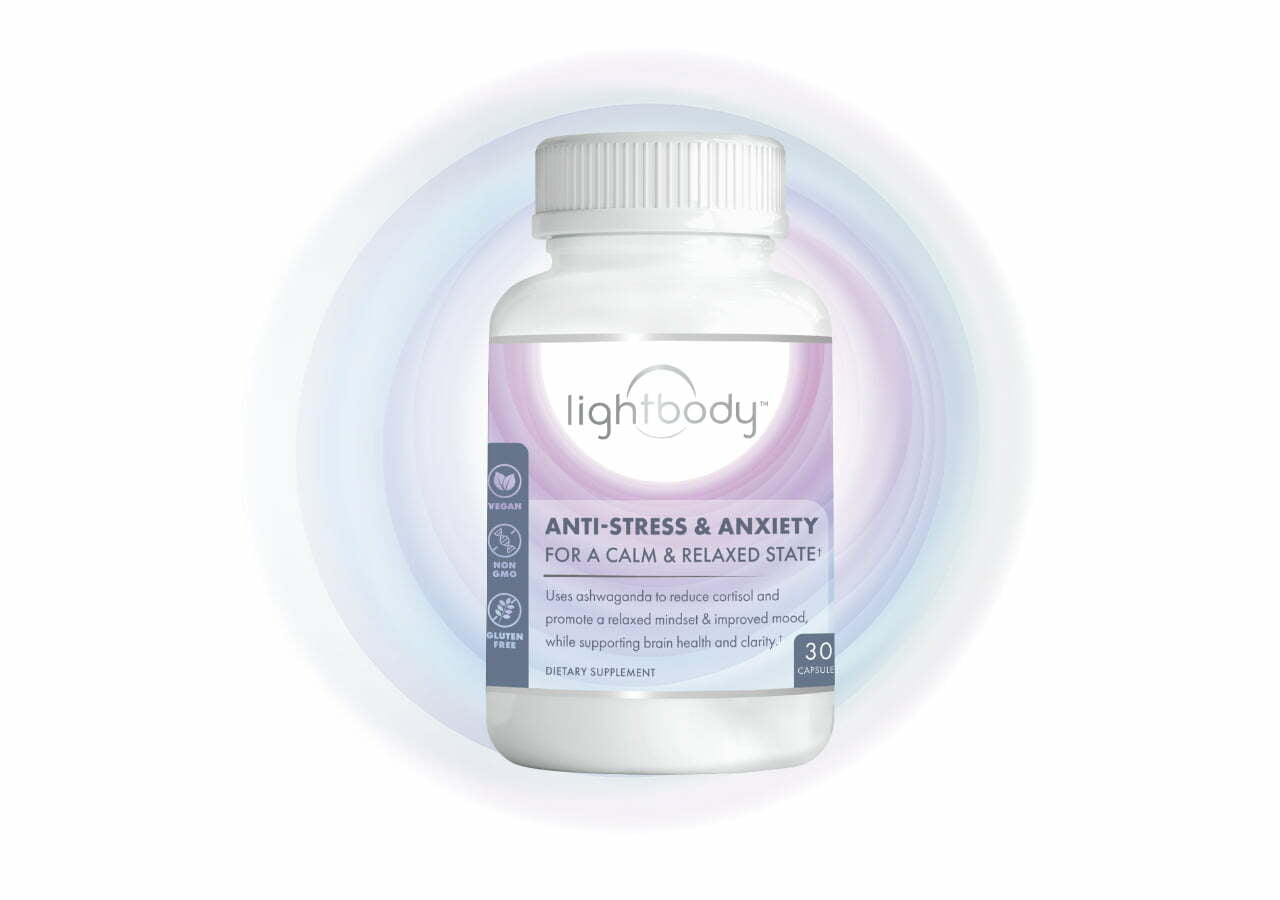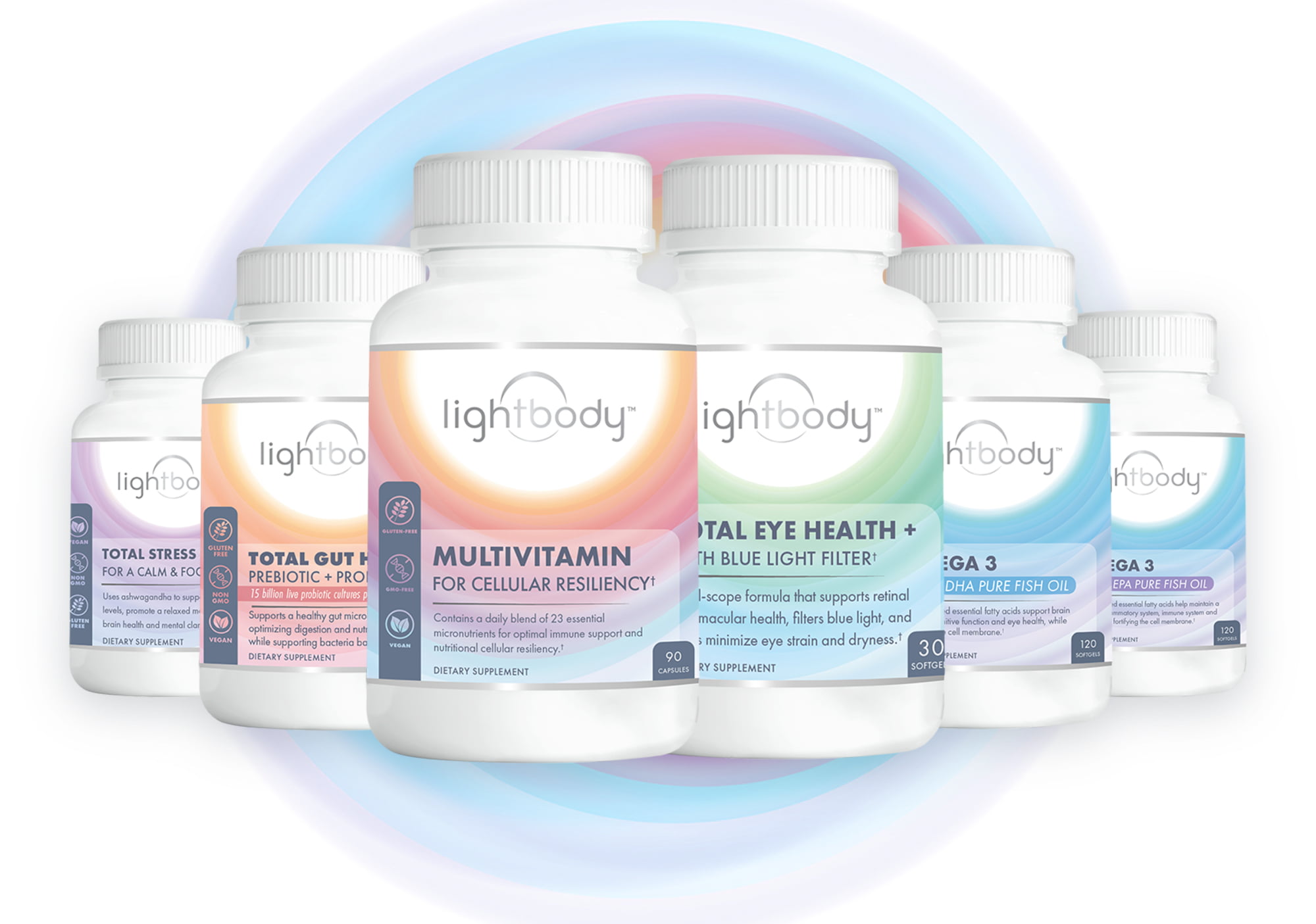Many people take supplements to address nutritional deficiencies and pursue a healthier day-to-day lifestyle. They seek out alternatives to fill the gaps of micronutrients in their diets, especially today, where the foods we eat lack the nutritional value and nutrient concentration that they used to possess.
Modern science has done wonders to help figure out and discover how your body can work optimally. Supplements, while not something that should replace a meal or food group, can do exactly what they claim and supplement your healthy diet.
However, not all drugs and supplements are created equal. And that starts with the effectiveness of the micronutrients in a supplement. You want your supplements to work—to do so, the vitamins, minerals, and other micronutrients need to enter the bloodstream and then your plasma.
And this is where bioavailability comes in. Read on to learn the scoop on bioavailability of a drug or supplement, and why it matters.
In this article, you’ll learn:
- What Is Bioavailability?
- Bioavailability: Historical Perspective
- How Is Bioavailability Measured?
- Why Is Bioavailability Important and How It Affects Your Supplements Intake?
- Bioavailability and Bioequivalence: What’s the Difference?
What Is Bioavailability?
The Food and Drug Administration (FDA) defines bioavailability as the rate and extent to which the active ingredient or active moiety is absorbed from a drug product and becomes available at the site of action.
It’s important to note that drugs and supplements are classified differently due to regulatory standards–however, the principle of bioavailability still applies to supplements.
Essentially, bioavailability is how much of a substance can enter your body’s circulation and reach the intended destination. The higher the bioavailability, the more that is absorbed, and the more that is put to work in your body.
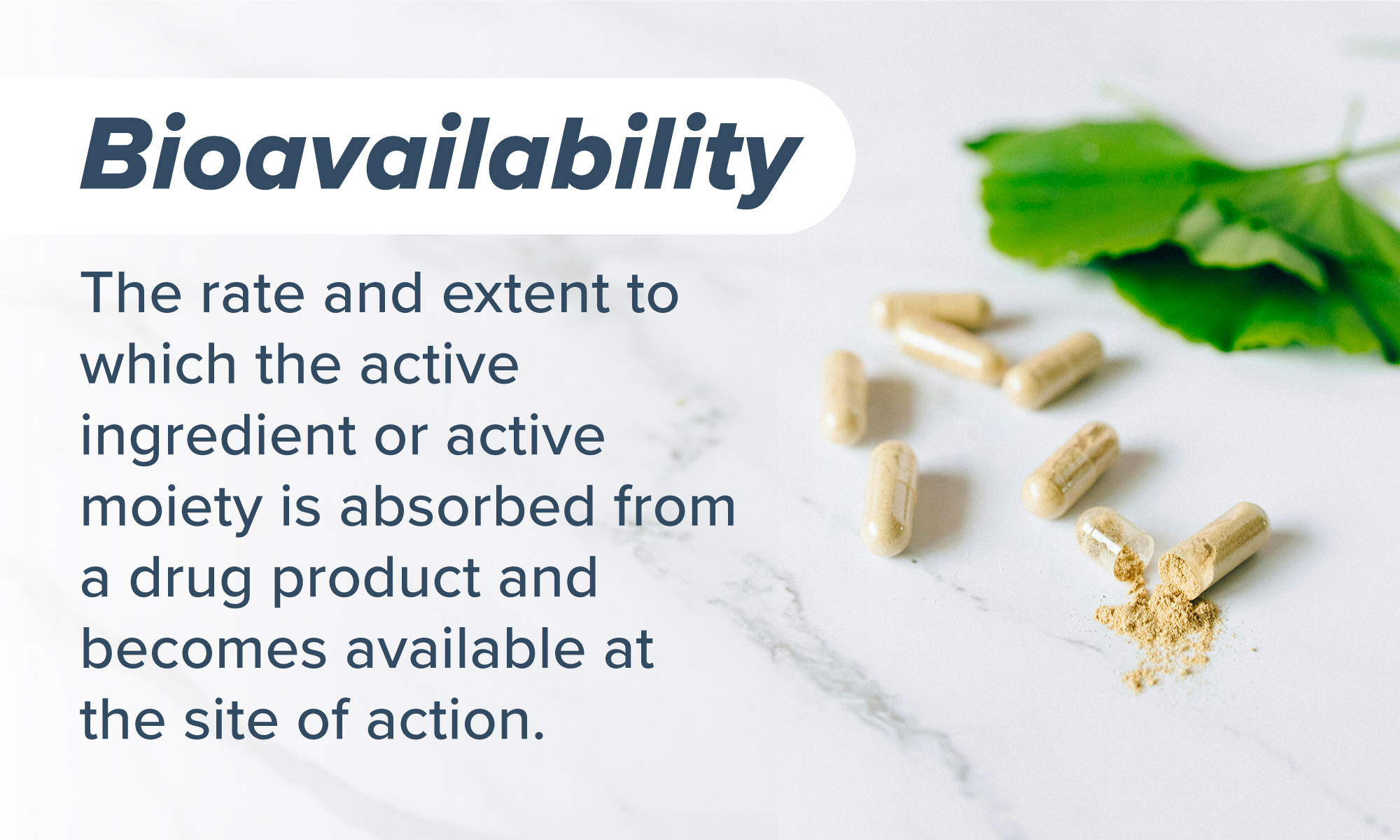
The term bioavailability makes this principle sound way more complicated than it needs to be—simply put, bioavailability can be thought of as absorbability.
When you take an omega supplement, for example, how much of the omega-3s are actually entering your bloodstream to help target cell health, brain health, cardiovascular health, and other areas of the body? Even though omega-3 fatty acids all come from either fish or algae, their bioavailability depends on the chemical form and purification process undertaken when stripping the oil from sea life. Read more about what to look for in and how to compare omega-3 supplements.
Bioavailability: Historical Perspective
Bioavailability has been considered for different substances for decades. The 1970s saw a shift in the way the pharma industry functioned, seeing more companies vying to create the next blockbuster medicine to earn the big bucks.
With more drugs entering the market during the 1970s, the FDA began to investigate the bioavailability of these new medicines, especially to see if generic brands provided the same therapeutic effects as their name brand counterparts.
This drove companies, both drug companies and growing supplement companies, to increase their relative bioavailability to stay competitive in a vastly growing marketplace. Pharmacology companies are still competing to create supplements with higher bioavailability than the next.
Understanding how a substance works in the body is at the root of pharmacokinetic, the scientific study of the fate of a substance once it enters an organism.
One of its paradigms details the process of a substance in the body: absorption, distribution, metabolism, and excretion. Bioavailability heavily influences the absorption part of this process and will have trickle down effects on the other three steps. If a lower amount is initially absorbed, as the substance moves through the body, even less will reach the intended destination.
How Is Bioavailability Measured?
Bioavailability is measured by comparing the level of the substance in the blood’s plasma when administered orally versus when administered through an IV. It is at 100% when administered by an IV because it is injected directly into the bloodstream, thus providing a benchmark to compare other levels of bioavailability to.
Your blood stream is a sponge waiting to soak up the nutrients from supplements, but there are things that can impede this. A supplement’s formula and delivery method can impact bioavailability. Some products may contain “anti-absorbers,” whether intentionally included or not. These ingredients may be fillers or other ingredients that may prevent proper uptake. For example, wheat products fortified with calcium may be affected by phytate in the brain.
Every supplement is different, with their varying formulas and quality of ingredients. Low-quality supplements with formulas that have extra inactive ingredients may interact with the active ingredients, altering an ingredient’s effect.
Other elements that affect bioavailability include age, your body’s mucus makeup, gut health, and other ingested nutrients. Water intake and meal time also influences how a supplement is absorbed. Electromagnetic Field (EMF) radiation from our technology can also be a detriment to bioavailability (Learn more about this invisible toxin by visiting DefenderShield). Because of how EMF radiation alters cells in our bodies, it can lead to decreased bioavailability of nutrients. Studies (1, 2) have observed this effect with male rats.
What Is AUC?
AUC stands as the gold standard for assessing a bioavailability, reflecting the overall quantity of the active drug entering the bloodstream in its original form. Bioequivalence between drug formulations is determined when their absorption patterns and plasma levels closely match, showcasing similar profiles.
Why Is Bioavailability Important and How It Affects Your Supplements Intake?
Bioavailability matters because it is an important factor in your body being able to soak up nutrients and put them to work. The fact is a substance will only carry out its purpose if it can be absorbed by the body.
Understanding the bioavailability of your supplements is important for ensuring you are consuming your necessary daily intake of vitamins and minerals. In a 2019 survey, 37% of adults said they were taking a nutritional supplement to address nutrient deficiency. Though a supplement may say that it has 100 mg of a certain nutrient—and your daily required dose is 100 mg—if that supplement has a bioavailability of 50%, you will only be consuming half your necessary intake.
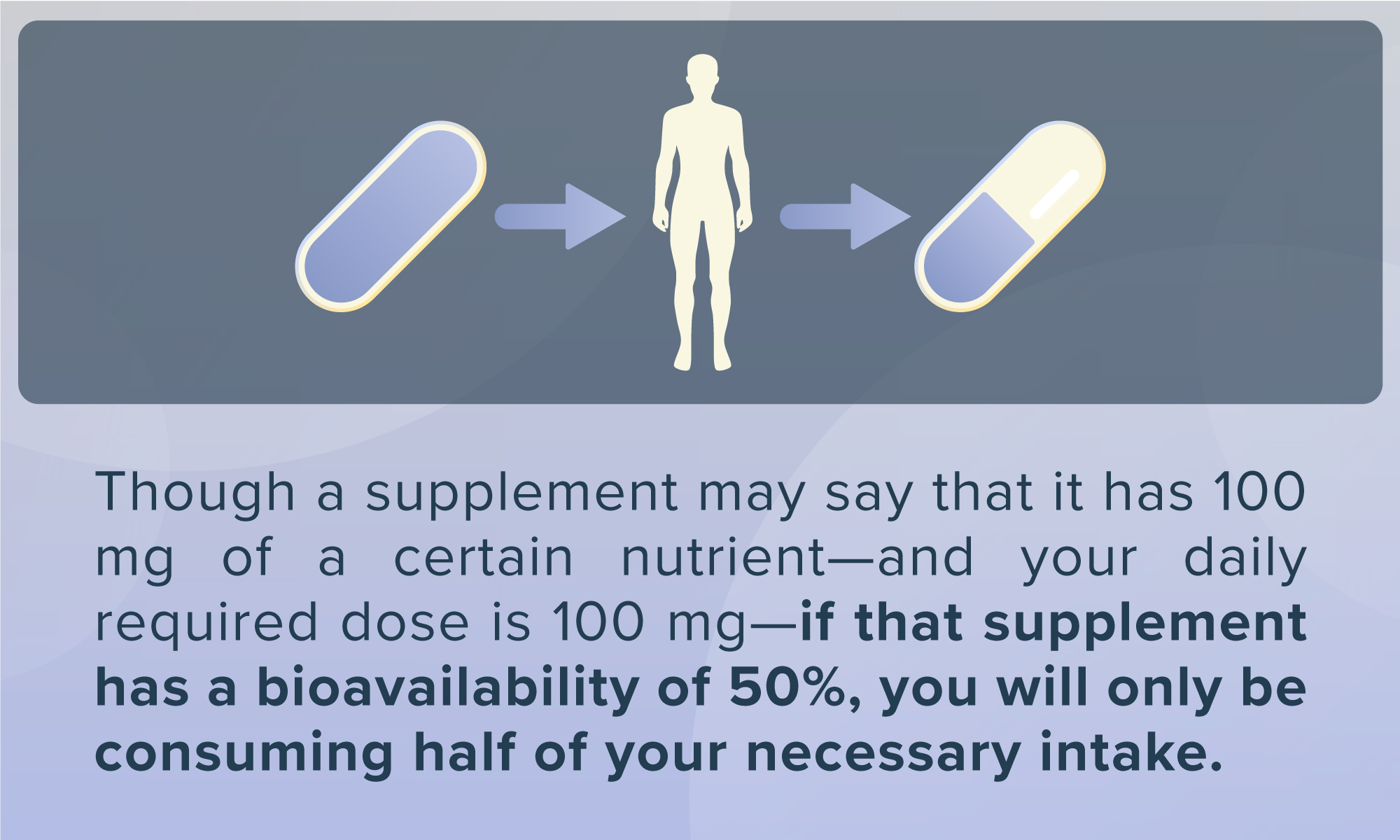
Bioavailability and Bioequivalence: What’s the Difference?
Bioequivalence refers to the relationship between two pharmaceutical products that are equivalent in their bioavailability, ensuring that they release the same active ingredient into the bloodstream at a similar rate and extent.
This concept is crucial in the development of generic drugs, as it ensures that the generic version is as effective and safe as the brand-name drug it aims to replicate. Establishing bioequivalence is a vital step in the regulatory approval process, providing confidence that patients will receive the same therapeutic effects from the generic drug as they would from the original branded medication.
Understanding the Bioavailability of Drugs for Optimal Efficacy
In summary, understanding bioavailability is crucial for optimizing the dose and enhancing drug absorption, ensuring that medications deliver their intended effects efficiently and safely.
Drug bioavailability may play a key role in medication efficacy; its measurement allows us to compare two drug products or to calculate the correct dose of a drug.
Understanding this issue is one of the first steps towards knowing how to compare dietary supplements and a great introduction to exploring other topics related to digital wellness. Read more on our blog and change your life for the better!
